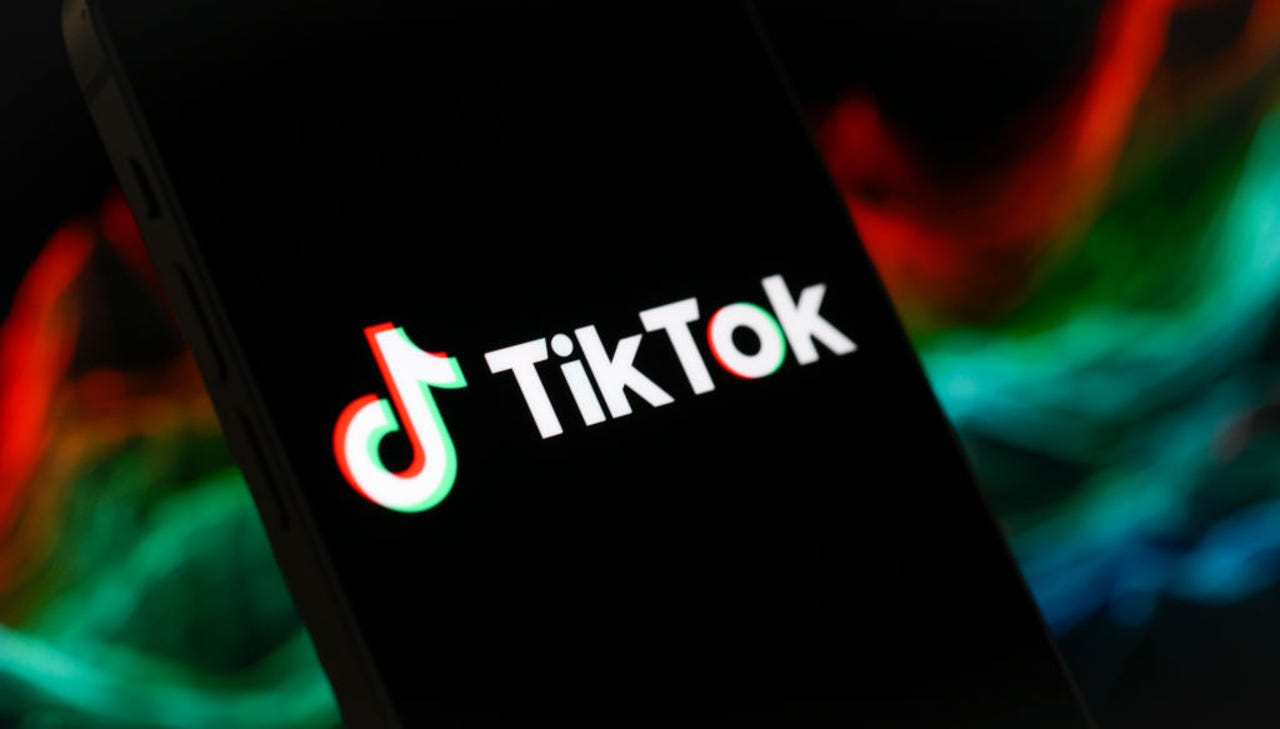48% of people under 42 spend more time socializing online than off


When you think of digital entertainment, your mind might turn first to online video-streaming services, such as Sling TV or YouTube TV, and video-on-demand services, including Netflix or Acorn TV. However, consultant Deloitte's 17th annual "Digital Media Trends" survey suggests traditional television shows and movies are no longer the only forms of entertainment.
Younger generations, often called Gen Zs and Millennials, are increasingly turning to user-generated content (UGC) -- which relies on unpaid contributors rather than traditional media professionals -- and video games to find personal fulfillment, value, and meaning.
Also: This free iPhone app lets you video chat with a ChatGPT-powered digital avatar
These younger users are creating a vibrant, immersive, and social tapestry of experiences with UGC, video games, music, and social media all playing significant roles. And that move towards UGC and gaming could have big implications for everyone.
Deloitte's survey found that about a third (32%) of consumers view online experiences as meaningful substitutes for in-person interactions, with that proportion increasing to 50% among Gen Zs and Millennials. Almost half (48%) of these younger generations engage more with others on social media than in the physical world, and 40% of them socialize more in video games than offline.
Of course, it's not only younger people who view online experiences as meaningful substitutes for in-person interactions. I've spent a huge part of my life online for decades. I have friends and co-workers I've never met in "real life."
Also: Want to read a paywalled article without a subscription? Twitter might have a solution
Yet those born after 1981, the usual dividing line between Generation X and Millennials, are much more inclined to live their lives online. Take games: more than a third of Gen Z and Millennial gamers feel better about themselves when they're playing. The younger cohort has grown up with smartphones and always-on internet. For them, games -- and the friends they make virtually -- have always been just a tap away.
Jana Arbanas, vice chair of Deloitte and US telecom, media, and entertainment sector leader, says in the report that increasing numbers of people now have an expectation that their digital media will provide more than just entertainment: "They also expect to find real meaning and fulfillment. Video games and user-generated content can offer more interaction, socialization, and utility, and their popularity with younger generations could potentially transform the media and entertainment industry."
Also: YouTube Music adds podcasts: What podcasters and podcast fans need to know
In many ways, that transformation is already happening as social networks and digital media are weaving together. More than half of consumers surveyed, and nearly three-quarters of Gen Zs and Millennials, watch a TV show or movie on a streaming service after hearing about it on social media. More than half of younger gamers said they played a specific video game after watching a TV show or movie that referenced it.
This ongoing transformation in media consumption habits towards UGC has big implications for the media companies that are trying to monetize it. Streaming subscription growth is slowing, competition is increasing, and price sensitivity is leading to higher churn rates among subscribers. In fact, over a six-month period, overall churn for paid streaming video-on-demand services was around 40%, but jumped to 57% and 62% for Gen Z and Millennial subscribers, respectively.
What's more, the impact of UGC extends beyond entertainment and into products. Around 40% of Gen Zs and Millennials are more affected by creator or brand influencers than by shopping site reviews. The UGC that influencers create, particularly on social media platforms, plays an essential role in this new entertainment landscape. Nearly 70% of Gen Zs and Millennials reported spending more time watching UGC than they initially planned, and half discovered new music or artists through these videos.
Also: The best video streaming services
UGC lives on social networking sites that are popular with younger people. Rather than Facebook or even Twitter, the platforms that matter include TikTok, YouTube Shorts, and Instagram Reels. Successful UGC is about creating short, catchy videos. These content creators are supported by services such as Upfluence, impact.com, and Pixee TurnTo that bring all the usual SEO, marketing, and traffic analysis tools to bear to create star influencers for companies and brands.
The shift to UGC and gaming is in many ways just the latest shift in media and entertainment habits. The bad news is that about 40% of consumers find it difficult to distinguish when UGC videos are sponsored or contain advertisements. This result underscores the increasingly blurred lines that exist between entertainment and advertising today. Indeed, with such top influencers as Khaby Lame, Lele Pons, and Cameron Dallas, the lines aren't so much blurred as blended into a homogeneous whole.
So, welcome to the entertainment/social world of 2023. All we can be sure is that the trends of this UGC age will continue to morph and change. Now, I'm just waiting for the first ChatGPT AI influencer to appear on a TikTok near you.